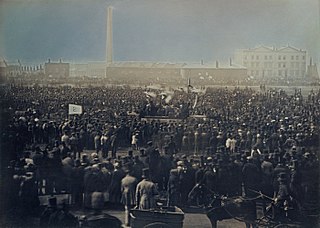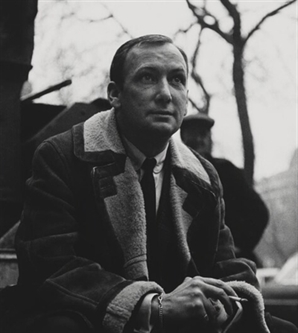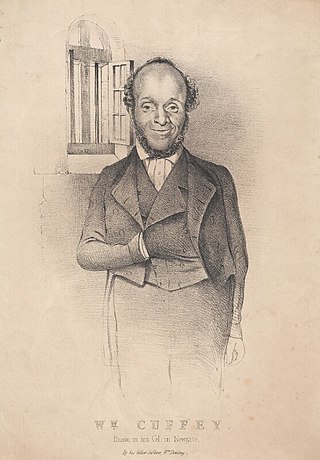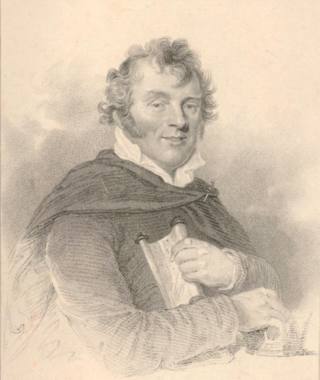

Heronsgate (or formerly Herringsgate) is a settlement on the outskirts of Chorleywood, Hertfordshire founded by Feargus O'Connor and the Chartist Cooperative Land Company (later the National Land Company) as O'Connorsville or O'Connorville in 1846.


Heronsgate (or formerly Herringsgate) is a settlement on the outskirts of Chorleywood, Hertfordshire founded by Feargus O'Connor and the Chartist Cooperative Land Company (later the National Land Company) as O'Connorsville or O'Connorville in 1846.
The Chartist Cooperative Land Society was launched by the National Charter Association in 1845 with the aim of resettling industrial workers from the cities on smallholdings, making them independent of factory employers and potentially qualifying them for the vote.[ citation needed ]
Chartists were invited to subscribe regular amounts towards an eventual £2.50 (£2/10s) share in the venture. Soon the money began to flood in, pennies and shillings at a time, and was deposited in an account held by Feargus O'Connor in the London Joint Stock Bank.[ citation needed ]
The land was bought on 14 March 1846, the plots allocated by ballot on 20 April 1846 (Easter Monday) and settled on 1 May 1847.[ citation needed ]
The 35 plots of land [1] covering 103 acres (0.42 km2), consisted of 17 plots of 2 acres, 5 plots of 3 acres and 13 plots of 4 acres. [2] A beer house established on the edge of the estate is now known as the Land of Liberty, Peace, and Plenty public house. [3]
The National Land Company was wound up by Act of Parliament in 1851. The estate was administered by the Court of Chancery until the freeholds were sold off by auction on 27 May 1857.[ citation needed ]
Heronsgate lies by junction 17 of the M25, to the south of Chorleywood.

Chartism was a working-class movement for political reform in the United Kingdom that erupted from 1838 to 1857 and was strongest in 1839, 1842 and 1848. It took its name from the People's Charter of 1838 and was a national protest movement, with particular strongholds of support in Northern England, the East Midlands, the Staffordshire Potteries, the Black Country and the South Wales Valleys, where working people depended on single industries and were subject to wild swings in economic activity. Chartism was less strong in places, such as Bristol, that had more diversified economies. The movement was fiercely opposed by government authorities, who finally suppressed it.

Johnny Speight was an English television scriptwriter of many classic British sitcoms.

Feargus Edward O'Connor was an Irish Chartist leader and advocate of the Land Plan, which sought to provide smallholdings for the labouring classes. A highly charismatic figure, O'Connor was admired for his energy and oratory, but was criticised for alleged egotism. His newspaper Northern Star (1837–1852) was widely read among workers, becoming the voice of the Chartist movement.
Chorleywood is a village and civil parish in the Three Rivers District, Hertfordshire, on the border with Buckinghamshire, approximately 20 miles (32 km) northwest of Charing Cross. The village is adjacent to the Chiltern Hills Area of Outstanding Natural Beauty and is part of the London commuter belt included in the government-defined Greater London Urban Area. Chorleywood was historically part of the parish of Rickmansworth, becoming a separate ecclesiastical parish in 1845 and a separate civil parish in 1898. The population of the parish was 11,286 at the 2011 census.

Joseph Sturge was an English Quaker, abolitionist and activist. He founded the British and Foreign Anti-Slavery Society. He worked throughout his life in Radical political actions supporting pacifism, working-class rights, and the universal emancipation of slaves. In the late 1830s, he published two books about the apprenticeship system in Jamaica, which helped persuade the British Parliament to adopt an earlier full emancipation date. In Jamaica, Sturge also helped found Free Villages with the Baptists, to provide living quarters for freed slaves; one was named Sturge Town in his memory.

William Cuffay was a Chartist leader in early Victorian London.

The Northern Star and Leeds General Advertiser was a chartist newspaper published in Britain between 1837 and 1852, and best known for advancing the reform issues articulated by proprietor Feargus O'Connor.

Joshua Hobson (1810–1876) was a British Chartist and Tory Radical who was the first publisher of the Book of Murder, a pamphlet attacking the 1834 Poor Law Amendment Act. From 1838 to 1844 he was the publisher of the Chartist newspaper Northern Star.

St Clement Danes School is a co-educational academy school for pupils aged 11 to 18 in Chorleywood, Hertfordshire.
Events from the year 1846 in the United Kingdom. This year is noted for the repeal of the Corn Laws.

Dodford is a village in the Bromsgrove district of Worcestershire, England, approximately 3 miles (4.8 km) west of Bromsgrove, officially founded on 2 July 1849 by members of the Chartist movement. It was one of five settlements created in the land scheme and retains a characteristic grid street plan, along with narrow lanes and many plum and pear trees from its market gardening past. The civil parish of Dodford with Grafton has a population of 731.

Loudwater is a private housing estate in the parish of Chorleywood, separated from the latter by the River Chess, north of Rickmansworth, Hertfordshire and just to the east of Junction 18 of the M25 motorway. Loudwater is an old name for the River Chess. The 2001 population was 1,242.
The National Land Company was founded as the Chartist Co-operative Land Company in 1845 by the chartist Feargus O'Connor to help working-class people satisfy the landholding requirement to gain a vote in county seats in Great Britain. It was wound up by the National Land Company Dissolving Act 1851.
The National Land Company was founded in the United Kingdom in 1845 by Feargus O'Connor to help working-class people satisfy the landholding requirement to gain a vote in county seats.
Robert Kemp Philp (1819–1882) was an English journalist, author, and Chartist.
W. P. Roberts was a noted Chartist who became known as the "attorney-general" of the coal miners in the 1840s.

Roger O'Connor (1762-1834) was an Irish nationalist and writer, known for the controversies surrounding his life and writings, notably his fanciful history of the Irish people, the Chronicles of Eri. He was the brother of the United Irishman Arthur O'Connor, and the father of the Chartist leader Feargus O'Connor and of Francisco Burdett O'Connor who was to fight in the Spanish American wars of independence.

Chorleywood House Estate is a 64.3 hectare Local Nature Reserve in Chorleywood in Hertfordshire. It is owned and managed by Three Rivers District Council, and the declaring authority is Hertfordshire County Council.
Thomas Martin Wheeler was a British radical activist, journalist, and insurance society manager.
![]() Media related to Heronsgate at Wikimedia Commons
Media related to Heronsgate at Wikimedia Commons
51°38′25″N0°31′12″W / 51.640261°N 0.520048°W